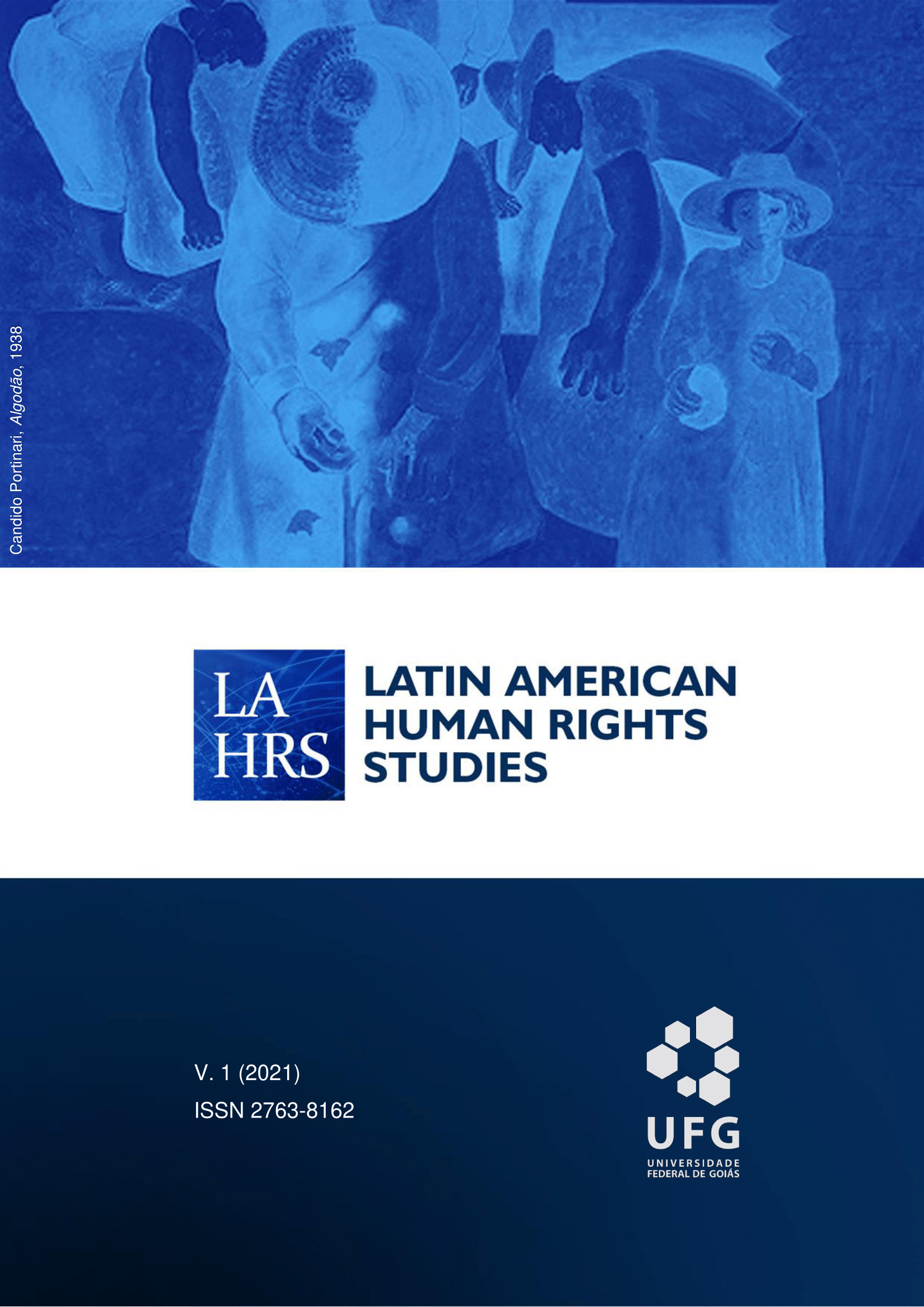A Lexicon on Inclusive Democracy: freedom, self-determination, rights
Keywords:
Democracy, Freedom, Self-determination, RightsAbstract
Till the last decade of the 20th century we, Western scholars and citizens, were almost used to take for granted ‘thick’ definitions about the necessary conditions to ascribe a regime to the family of “representative democracy”: to tackle a polity of this kind, for a long time we have commonly depicted its features in terms of some, very demanding, and not explicit, axiological assumptions. Nowadays, some of those assumptions are vehemently questioned and even dismantled, being challenged by a multilateral and diversified front of adversaries: which includes populist ideologies and movements, on one side, and deep institutional crisis, on the other. Assuming that, it is even more urgent not to give up: we cannot in any case “get rid of” the critical way of reasoning. Moreover, this endeavor is even more urgent in hard times. Therefore, some of the ‘thick’ and demanding democratic assumptions, and their opposite concepts, will be clarified and debunked in the core of this contribution. The following paragraphs aim at building up a minimal and partial index, a seminal step for rewriting in the future at least some lemmas of a democratic lexicon. This lexicon aims to identify the necessary conditions for a vital and inclusive democratic government to flourish and last over time.
Downloads
Published
Issue
Section
License
CC BY (Attribution 4.0 International): This license allows reusers to distribute, adapt, and build upon the material in any medium or format, so long as attribution is given to the creator. The license allows for commercial use. See the full license.


